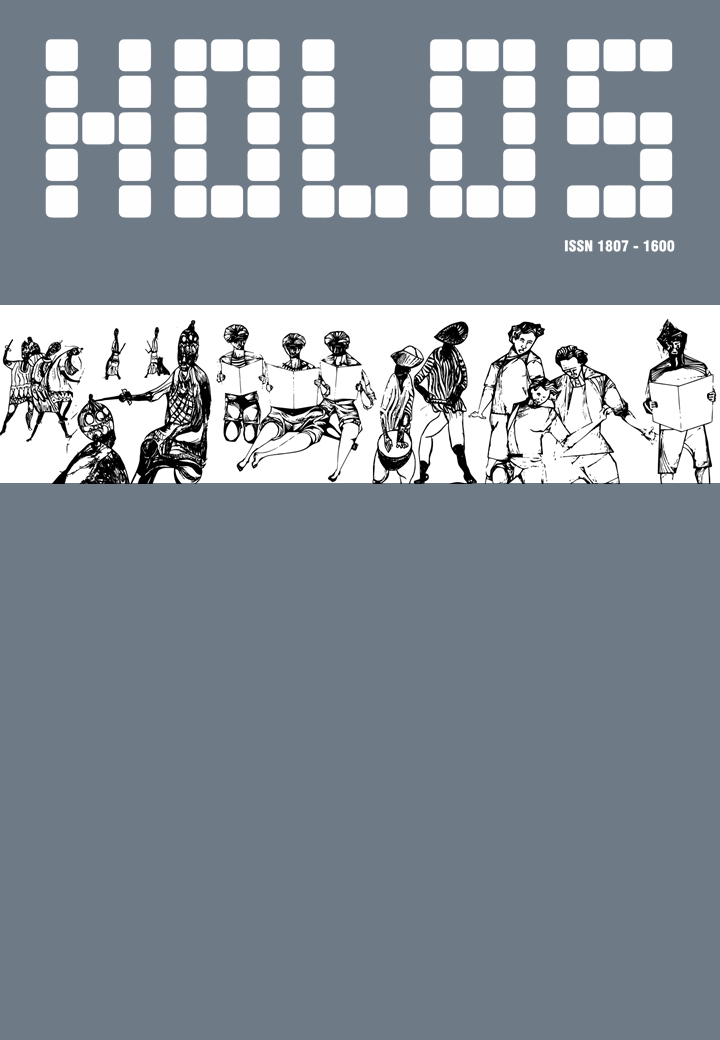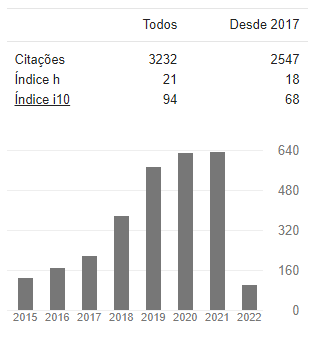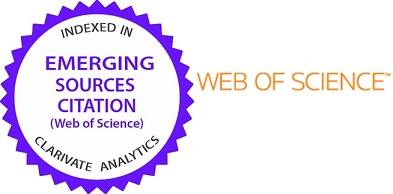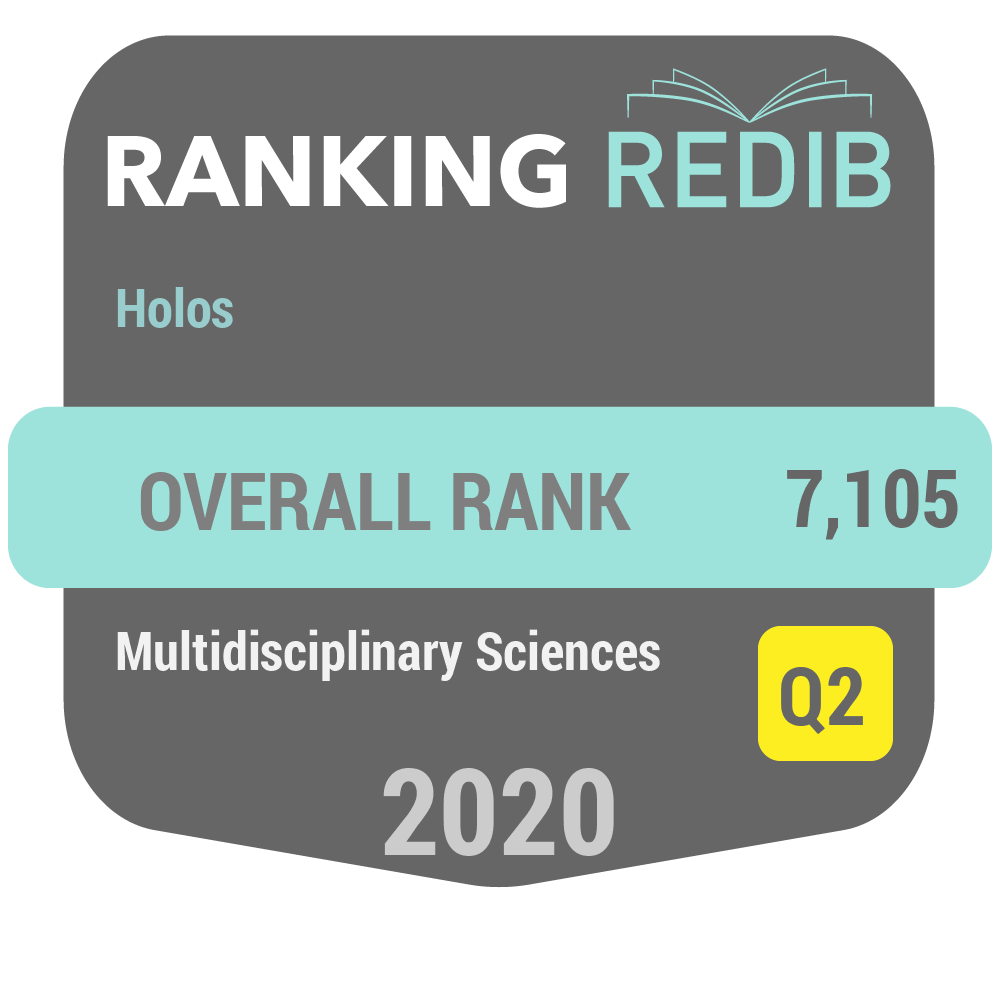FUNDAMENTOS PARA ALCANZAR UN ENVEJECIMIENTO SALUDABLE Y ACTIVO EM UN MUNDO DIGITALIZADO
DOI:
https://doi.org/10.15628/holos.2024.17351Palavras-chave:
educaçãoResumo
El estudio aborda el tema del bienestar de las personas mayores en la etapa de post pandemia de la COVID 19. Cierto es, que la tecnología - la digitalización - ha permitido resolver muchos de los problemas acontecidos durante la pasada crisis; sin embargo, la digitalización puede ser causa de exclusión si no se tienen en cuenta las condiciones de cada grupo de edad. Ello plantea que hay que insistir en la aplicación de estrategias y medidas a aplicar para integrar a las personas mayores en entornos digitales. Mediante el análisis de las investigaciones llevadas a cabo en el territorio de la Unión Europea, durante el periodo 2020-2021, podemos conocer el estado de la cuestión en la etapa post crisis. Los resultados evidencian que existe un incremento de la actividad digital en las personas mayores. Sin embargo, es prioritario ofertar un aprendizaje permanente que les permita alcanzar un envejecimiento saludable y activo en un mundo digitalizado.
Downloads
Referências
European Union Agency for Fundamental Rights (FRA). Fundamental rights survey 2020. Fundamental rights survey | European Union Agency for Fundamental Rights (europa.eu)
https://fra.europa.eu/en/data-and-maps/2021/frs
Council of the European Union. Conclusions on ‘Demographic Challenges – The Way Ahead’ (2020/C205/03). Official Journal of the European Union. (19/06/2020)
Council Conclusions on ‘Demographic Challenges – the Way Ahead’ 2020/C 205/03 - Publications Office of the EU (europa.eu)
https://op.europa.eu/en/publication-detail/-/publication/5ced6cb2-b1fc-11ea-bb7a-01aa75ed71a1
Council of the European Union Brussels, 9 October 2020. Human Rights, Participation and Well-Being of Older Persons in the Era of Digitalisation Council Conclusions
https://data.consilium.europa.eu/doc/document/ST-11717-2020-REV-2/en/pdf
Köttl, H. & Mannheim, I. (2020). Ageism & Digital Technology. Euroageism Policy Brief. European Union’s Horizon 2020.https://mail.google.com/mail/u/0/#inbox?projector=1
United Nations. General Assembly. Report of the Independent Expert on the enjoyment of all human rights by older persons. Human Rights Council. Thirty-sixth sesión. 11-29 September 2017. (A/HRC/36/48) 1712406 (un.org) https://documents.un.org/doc/undoc/gen/g17/219/52/pdf/g1721952.pdf?token=c7DgG4xwhvfxOExWEq&fe=true
United Nations. General Assembly. Report on Ageism and Age Discrimination. Human Rights Council. Forty eighth sesión. 13 September - 1 October 2021. (A/HRC/48/53)
A/HRC/48/53 (un.org) https://documents.un.org/doc/undoc/gen/g21/215/63/pdf/g2121563.pdf?token=2VcuEfOZU96yXiAkfs&fe=true
Downloads
Publicado
Como Citar
Edição
Seção
Licença

Este trabalho está licenciado sob uma licença Creative Commons Attribution-NonCommercial-NoDerivatives 4.0 International License.









































